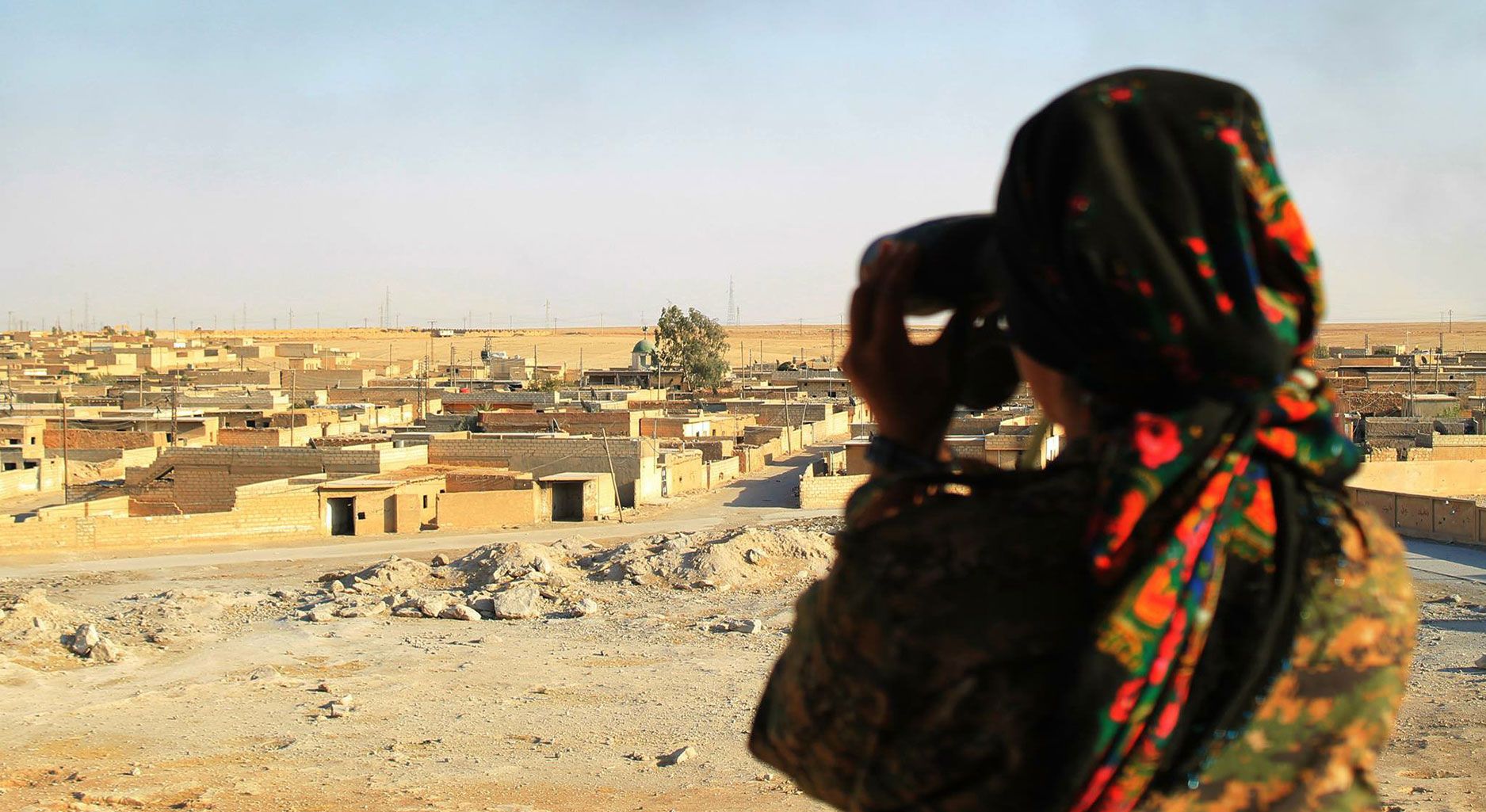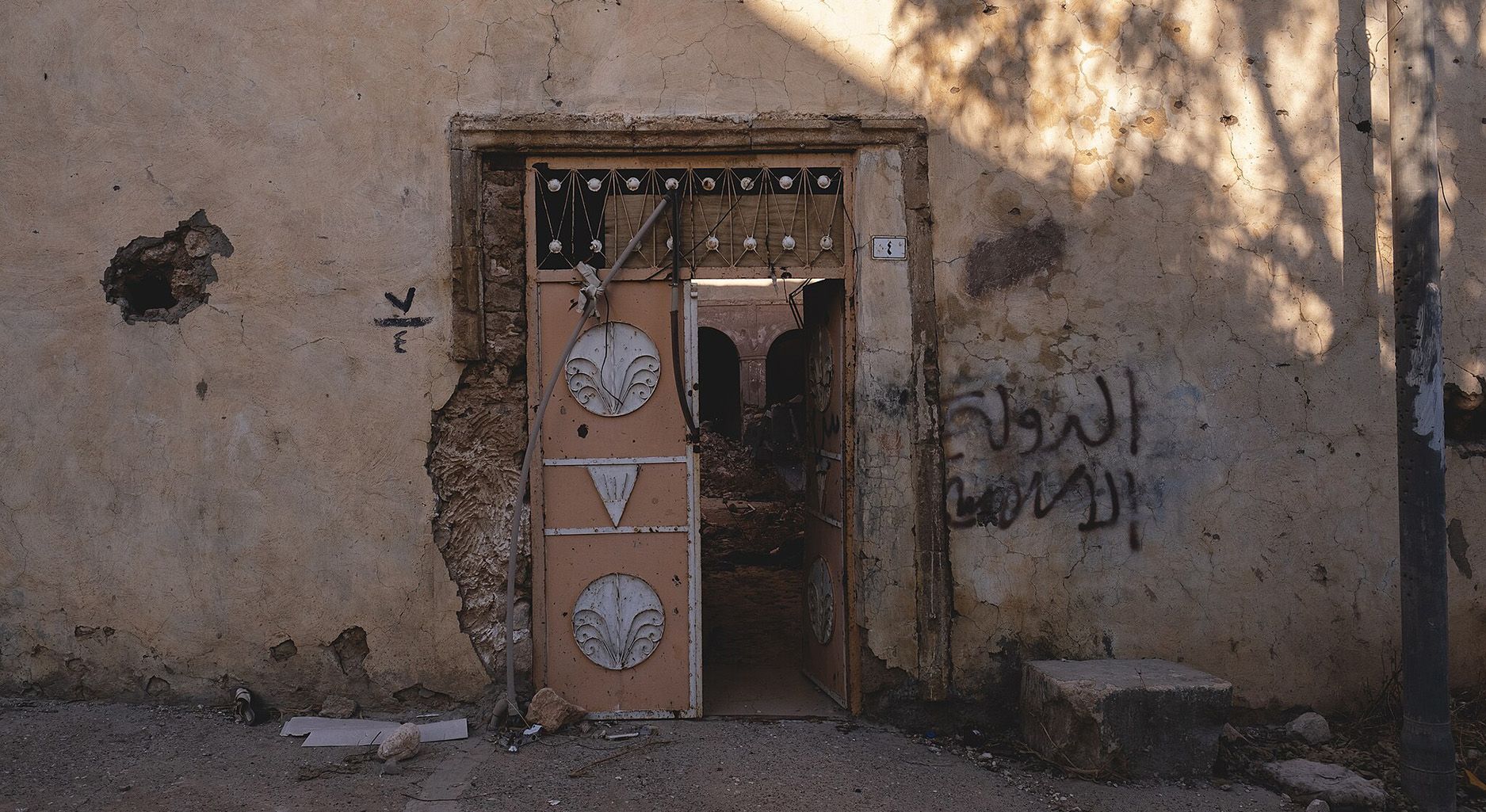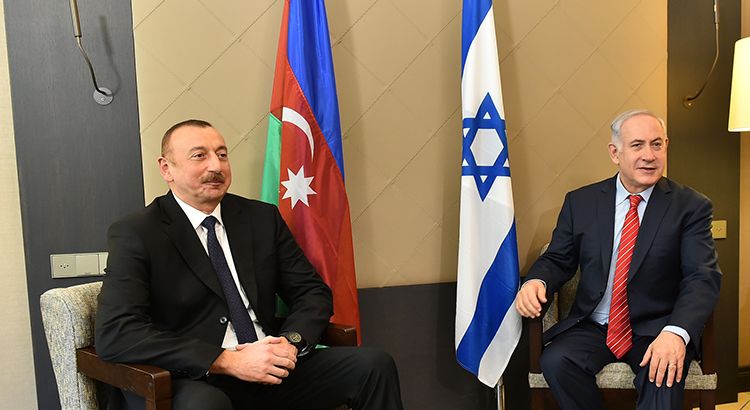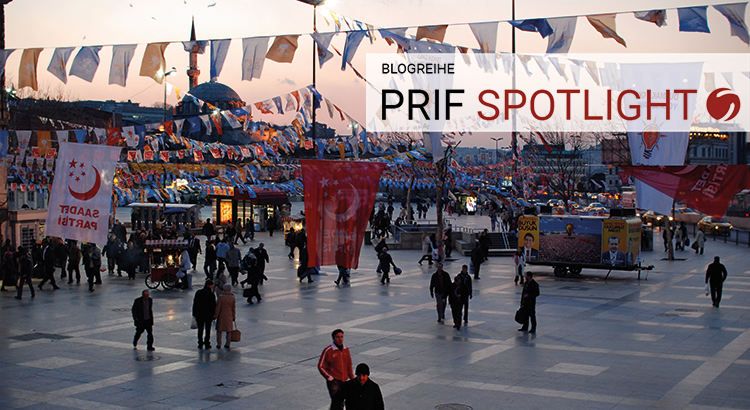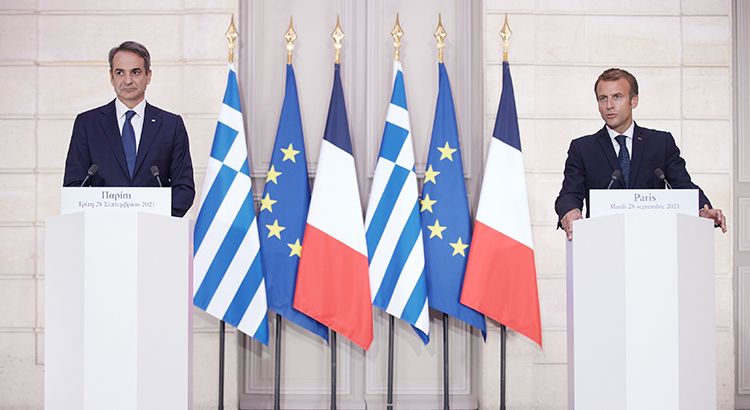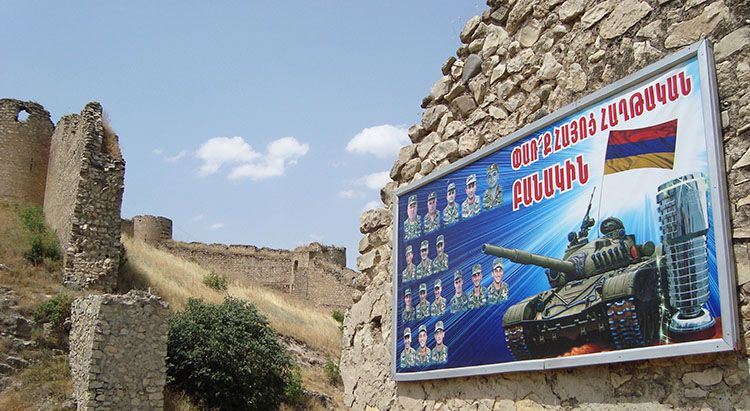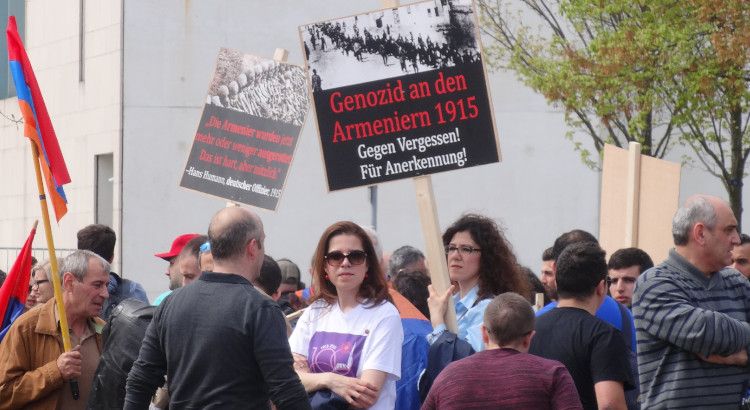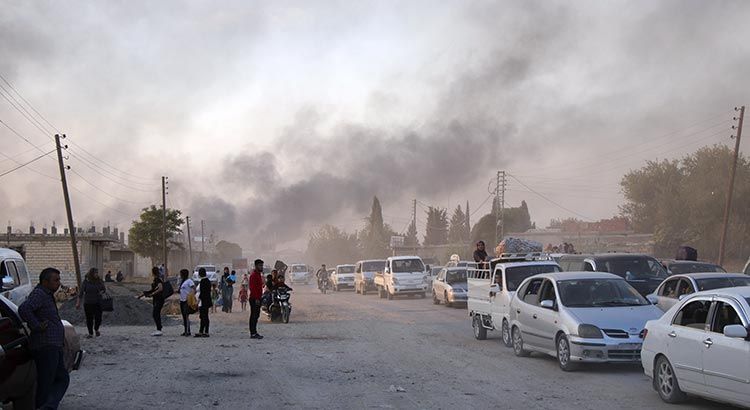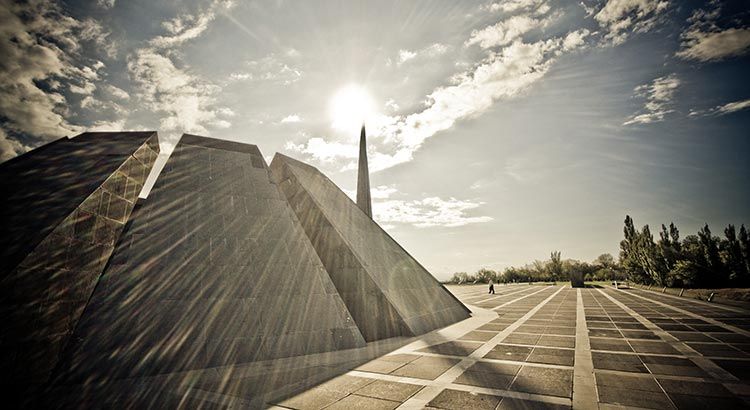Schlagwort: Türkei
After the long-awaited fall of the brutal dictator Bashar Al-Assad on December 8, 2024, through a swift offensive by Islamist rebels, many Syrians initially found hope. However, for the Kurds, this brought a different reality. Turkey and its Islamist allies have been putting immense pressure on the Autonomous Administration. Around 100,000 Kurds have already fled, and a Turkish invasion seems increasingly likely. The dream of democratic self-governance now faces an existential threat.
Zehn Jahre nach dem Genozid: Die fortdauernde Krise der Jesiden
Am 3. August jährt sich der zehnte Jahrestag des Völkermords, den die radikal-religiöse Terrororganisation Islamischer Staat (IS) vor einem Jahrzehnt an den Jesiden im Irak verübte. Keine andere Gruppe erlebte die Gräueltaten des IS so direkt wie die Jesiden. Trotz der militärischen Niederlage des IS und der Rückeroberung der jesidischen Gebiete dauert ihr Leiden an. Angesichts anderer globaler Konflikte wie dem Ukraine-Krieg und dem Israel-Gaza-Konflikt geraten die anhaltenden Leiden der Jesiden zunehmend aus dem Blick. Dieser Blogartikel erläutert den Kontext und die Gründe, warum die Bedrohung der Jesiden nach wie vor anhält.
Why Israel Backs Azerbaijan in Nagorno-Karabakh Conflict: It’s Not About Armenia
Amidst the devastation caused by the recent earthquakes in Turkey on 6 February, Iranian Foreign Minister Hossein Amir Abdollahian made a strong statement warning against the threat posed by the Zionist regime to peace and stability in the region. Specifically, he pointed to Israel’s involvement in the Nagorno-Karabakh conflict, where Azerbaijan emerged victorious with significant support from Israel in the form of technology and arms. But why did Israel get involved in a conflict thousands of miles away, with no direct interests? In this post, we’ll take a closer look at Israel’s strategic partnerships with Azerbaijan and Turkey, and how they tie into its involvement in the Nagorno-Karabakh conflict.
The 2023 Elections in Turkey. Can the Opposition Challenge Erdoğan and the AKP?
Turkey’s presidential and parliamentary elections on June 18, 2023, will be a notable juncture point. These elections will determine the country’s future and direction, and are therefore not only significant for domestic politics, but also at the international level as regards Turkey’s capacity to serve as a global actor. During these elections, the opposition will take on the Justice and Development Party (AKP) and its leader Recep Tayyip Erdoğan to gain political power after two decades of AKP rule. They will only have a chance of success if they propose a strong candidate to challenge Erdoğan.
Zerfällt die europäische Sicherheitsordnung? Die französisch-griechische Sicherheitsallianz und ihre Risiken
Die am 28. September unterzeichnete Sicherheitsallianz zwischen Frankreich und Griechenland ist in mehrfacher Hinsicht ein bemerkenswerter Vorgang. Sie signalisiert den fortschreitenden Bedeutungsverlust der USA für die europäische Sicherheit einerseits und den zunehmenden französischen Führungsanspruch und seine Ungeduld mit zögerlichen Partnern andererseits. Vor allem aber schafft sie Risiken für die Europäische Union, für die NATO und, am wichtigsten, für den Frieden in Südosteuropa.
Nagorno-Karabakh: Why did the Second Armenia-Azerbaijan War Start?
The “frozen” Nagorno-Karabakh conflict between Armenia and Azerbaijan existed for 26 years being neither at war nor at peace, with no diplomatic relations. What has changed over the past years so that a new all-out war erupted unexpectedly between the conflict parties in late September: military balance, geopolitical balance – or what else?
Is the Work Done? Views from Armenians in Germany on the Recognition of the Armenian Genocide
All around the globe the Armenian Diaspora has been campaigning in their respective countries to recognise the massacres of 1.5 million Armenians in the Ottoman Empire in 1915 as genocide. This year marks the 105th anniversary of the Armenian Genocide but the successor state of the perpetrator – Turkey – continues labelling it as ''so-called'' genocide. After many years of hesitation, Germany became the 25th country to officially adopt a resolution to recognise the Armenian Genocide in 2016. How has this step impacted the perspectives of the Armenian community in Germany?
Turkey’s Invasion of Northern Syria Has Begun
Turkey’s long threatened invasion of Northern Syria has begun. Following a phone call with Tayyip Erdogan on Sunday, October 6th, President Trump ordered US troops in the Combined Joint Task Force - Operation Inherent Resolve (CJTF-OIR) to withdraw from the border area where they had been conducting joint security patrols with the Syrian Defence Forces. After ensuring that the invading forces would not clash with its NATO US military counterparts, Turkish aerial bombardment and land invasion has begun. The international community, especially Turkey’s NATO allies, should do more than just ask for restraint.
Turkey and the “so-called” Armenian Genocide: the politics of denial in European and domestic affairs
The Armenian Genocide or, as it is labelled in mainstream Turkish discourse, the “so-called Genocide,” continues to fuel political tensions, both internationally and at home. Use of the G-word by governments worldwide invariably provokes a reaction from Ankara, whose genocide denial continues to shape and colour Turkish foreign policy as well as domestic matters. Strikingly enough, however, the most important institution of the Armenians in Turkey has also participated in the politics of denial in recent years. How do the politics of such genocide recognition and denial play out, and what do they imply?
Kein Frieden ohne Menschenrechte. Die Verleihung des Hessischen Friedenspreises 2018 an Şebnem Korur Fincancı
Am 28. November 2018 wurde Şebnem Korur Fincancı mit dem Hessischen Friedenspreis 2018 der Albert-Osswald-Stiftung ausgezeichnet. Der Preis würdigt die türkische Staatsbürgerin und Gerichtsmedizinerin für ihren engagierten Einsatz für die Aufarbeitung von Folter und Menschenrechtsverletzungen in der Türkei. Sie ist Mitverfasserin des „Istanbul-Protokolls“, das weltweit als Standardwerk zur Untersuchung und Dokumentation von Folter anerkannt ist. Wir präsentieren Auszüge aus den Reden des Präsidenten des Hessischen Landtags, Norbert Kartmann, des hessischen Ministerpräsidenten Volker Bouffier, des Laudators Wolfgang Huber sowie der Preisträgerin Şebnem Korur Fincancı.
